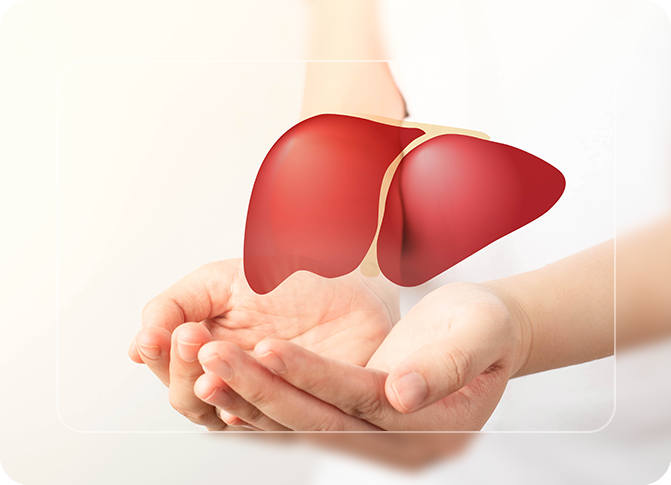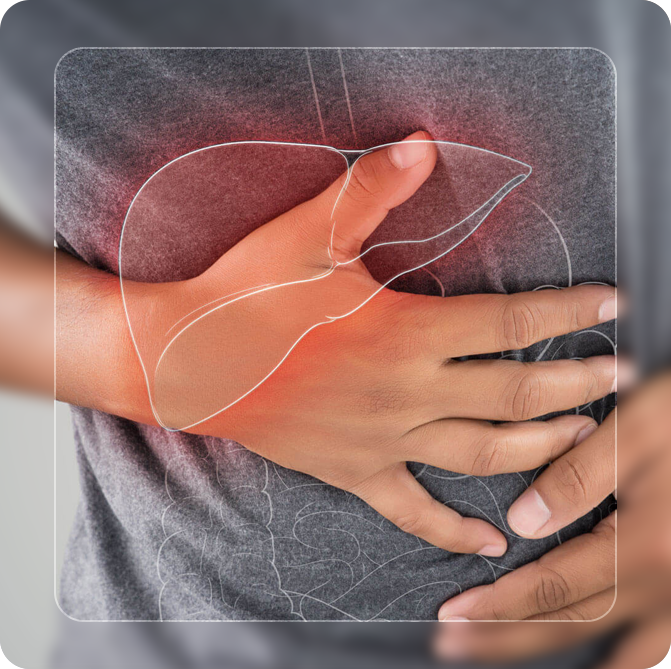At present, liver transplant is the only effective method of managing end-stage liver failure or disease. Medication may help relieve symptoms occurring at various stages of chronic liver failure, but, by itself, may not completely resolve the condition if liver damage is irreversible.
Liver transplant surgery is recommended for patients with end-stage liver disease or liver failure and selected patients with liver cancer. During liver transplant surgery, the damaged liver is completely removed and replaced by a transplant of a healthy liver or parts of a healthy liver. This is taken from a deceased or living donor.







